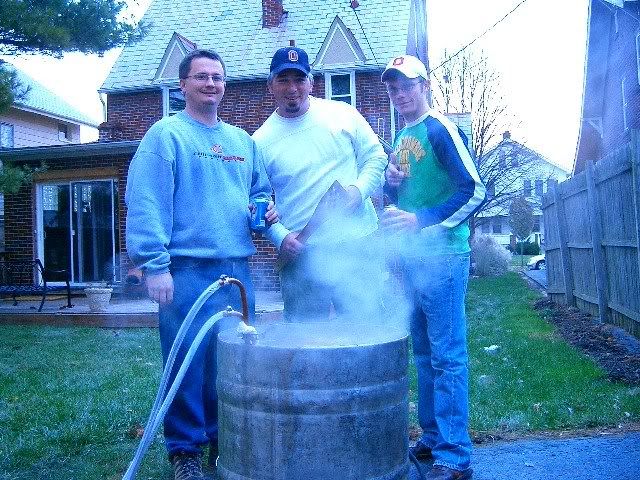also mentioned pre-acidify the water, can you get a little more specfic on that subject?
The enzymes in the mash work best between 5.2 and 5.4 pH. Tannins are realeased when the pH goes above 6.0 pH. If you use something like phosphoric acid to acidify your sparge water to 5.2 to 5.4, you wont have to watch your mash or run-off pH.
my last batch was .07 points lower than the recipe called for
While improper pH or stopping the sparge early can lower your efficiency, that's not as important as being cnsistent and then using your efficiency % to determine your malt bill. BYW, the most common reason for poor efficiency is the crush of the malt, not pH or sparge.
If I were in your shoes rght now, I would get to know your water chemistry before anything else. That will tell you how you need to adjust your process for the item that you have the least control over. Most of what you have asked doesn't need much attention unless your water is messed up.






